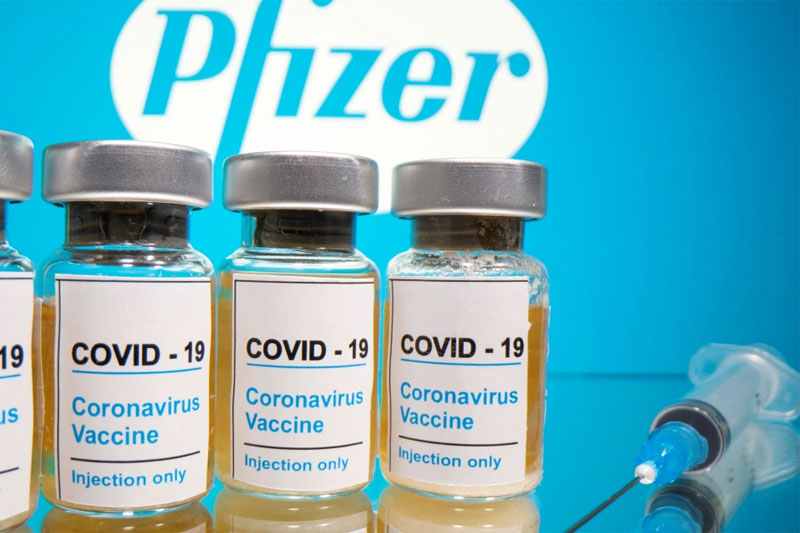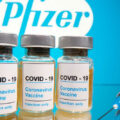Ensuring a better future for SA and Africa
Despite the challenging times that South Africa finds itself in, work continues to ensure that the country… [more]


States should communicate funded water projects
Water and Sanitation Deputy Minister, Dikeledi Magadzi, has called on the Southern African Development… [more]

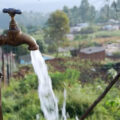
Internet solution for low-income communities
A Gauteng-based start-up is busy developing an alternative antenna-based high-speed fixed internet solution… [more]


Funding awarded to Social Innovation
JOHANNESBURG, South Africa, February 10, 2021 - Meat Naturally and Agricool Finance were awarded joint… [more]
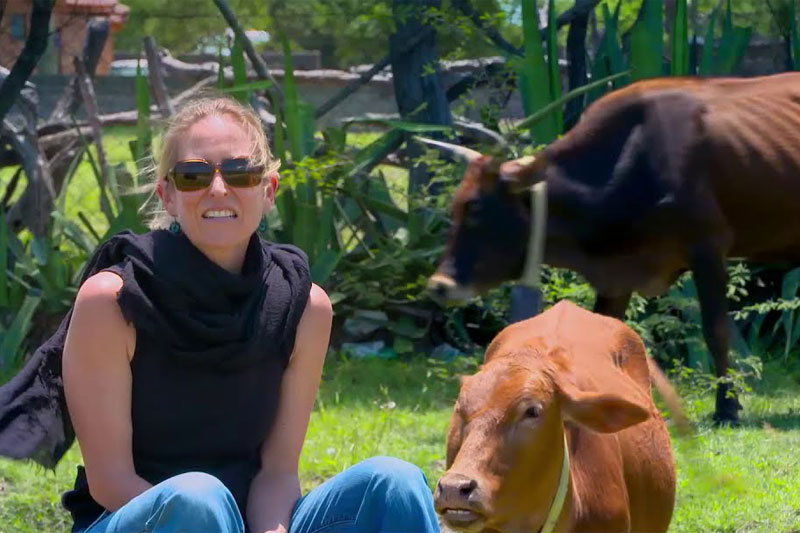
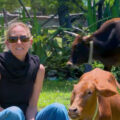
First consignment of COVID-19 vaccine
President Cyril Ramaphosa and Deputy President David Mabuza, who chairs the Inter-Ministerial Committee… [more]
